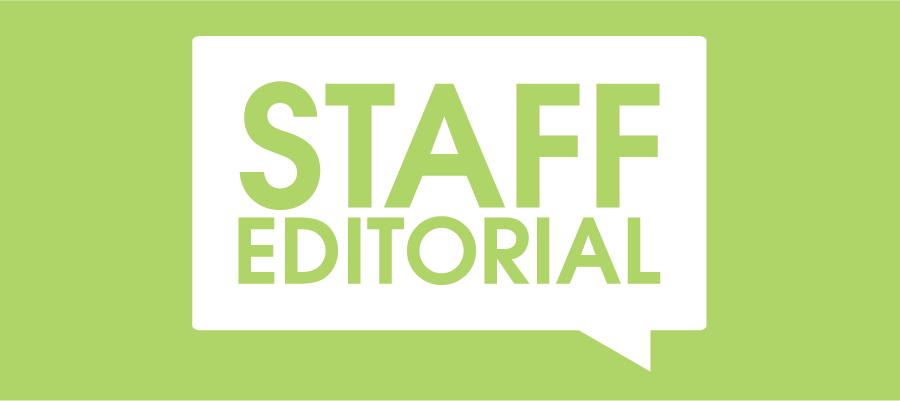Coming out of the hodgepodge American public school system, many of us found ourselves thrown into the deep waters of collegiate learning with nothing but the unspoken instruction to sink or swim.
Some students, equipped with years of instruction at schools stocked with college-level courses and competent teachers, may have an easier time than others.
The U.S. has become increasingly conscious of these inconsistencies and is fixated with how the academic playing field can be leveled. One proposed solution is Common Core, though the details of the initiative’s curricular standards are still controversial.
While American policymakers are still wringing their hands over education reform, Scandinavian nations seem to have answered this question already. Finland is one of the top-performing nations on the Programme of International Student Assessment (PISA) out of developed Western countries, despite not having any standardized tests and permissive schooling systems.
In another revolutionary transformation of its school system, Finland has proposed a new class format: teaching classes by topic rather than subject. Rather than having the traditional subjects of economics, history, or politics, these subjects might be taught through a class focused on the European Union.
In addition, according to a March 24 story published in the Washington Post, teachers will work more closely with students to plan the curriculum for these classes.
This initiative will undoubtedly create a curriculum that is both interesting and relevant to students – the only question that remains is whether the change will make learning more effective.
A possible pitfall of Finland’s new initiative is that the topic-focused courses will lead to teaching rudimentary facts rather than the proper skills. An intersection of history and economics could be extremely insightful, as long as the integrity of each discipline is preserved.
Teaching these combined subjects correctly could not only avoid the pitfall of superficiality and rote memorization of facts, but also provide a more thorough examination of the topics.
When learning how concepts relate and apply to their lives, students will naturally pay more attention and retain more knowledge. The multi-prong approach also increases critical thinking by requiring students to synthesize information and make connections to the topic.
Much like UM’s cognate system, this Finnish model has the potential to increase the precision of student learning.
Though adopting these formats may be challenging for students who are unsure of their interests, most students in both Finland and in the U.S. will exhibit increased attention, and as a result, increased performance, when they take classes that hold some sort of significance to them.
Editorials represent the majority view of The Miami Hurricane editorial board.






